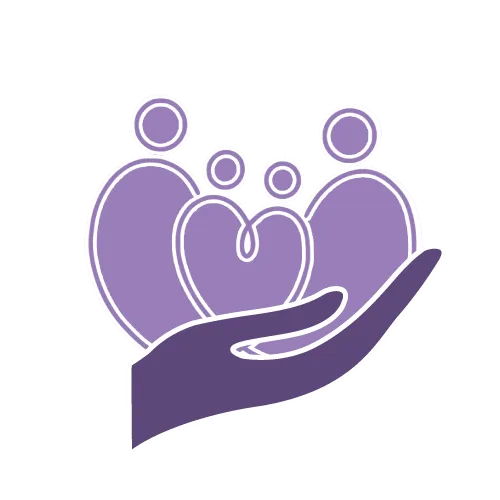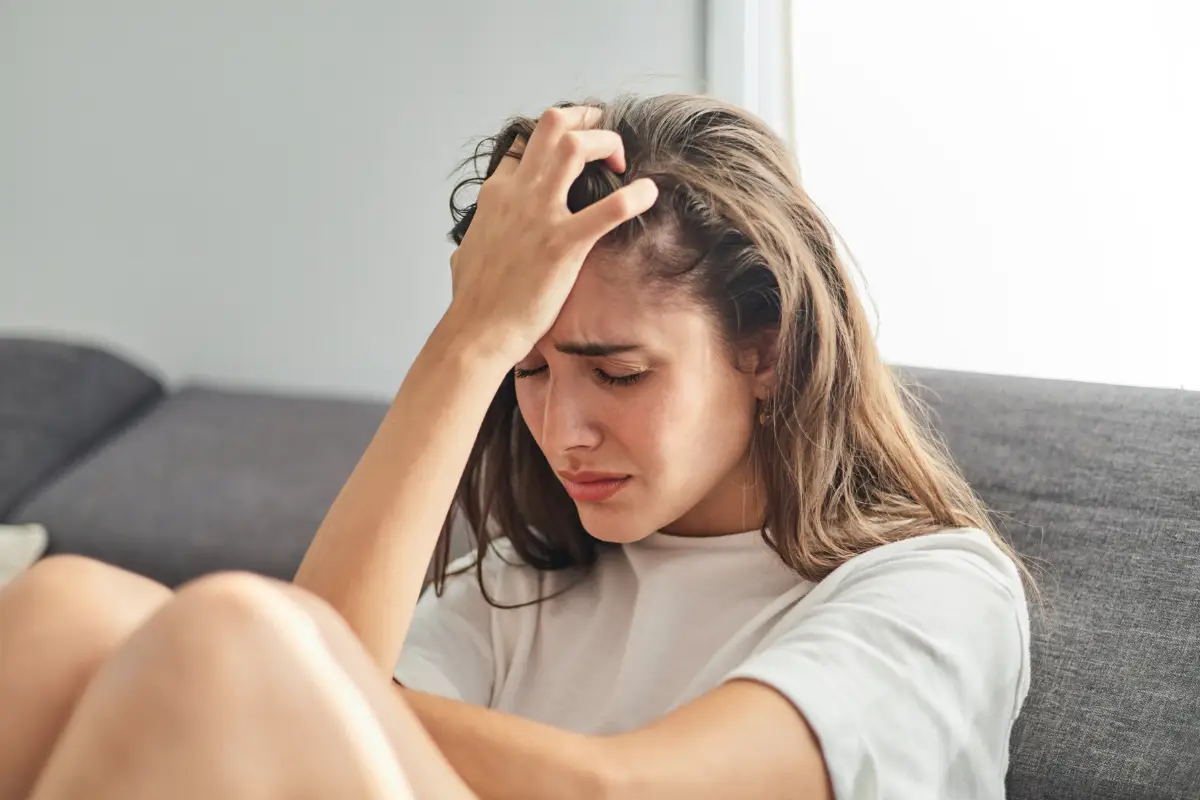
Kim Wasley Psychologist

Kim Wasley Psychologist

Anxiety is a natural response to stress or perceived threats, characterized by feelings of fear, worry, unease. It can suffocate our clients’ personal and professional growth, shut down their ability to start relationships and take away their freedom to choose their own destiny. It can manifest physically and psychologically and becomes problematic when it interferes with daily life.
A positive attitude gives you power over your circumstances, instead of your circumstances having power over you.
Author
Some of the common signs associated with anxiety include:
These mental signs can translate into physical signs such as:
Identifying the type of anxiety you may be experiencing typically involves recognising the specific symptoms and patterns associated with different anxiety disorders.
It’s important to remember that only a qualified mental health professional, such as a psychiatrist or psychologist, can provide a definitive diagnosis. If you suspect you have an anxiety disorder, seeking help from a healthcare provider is a crucial step in getting proper assessment and treatment.